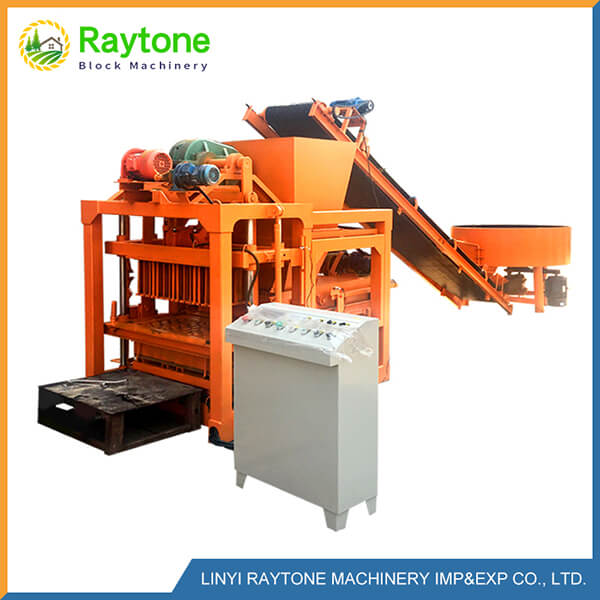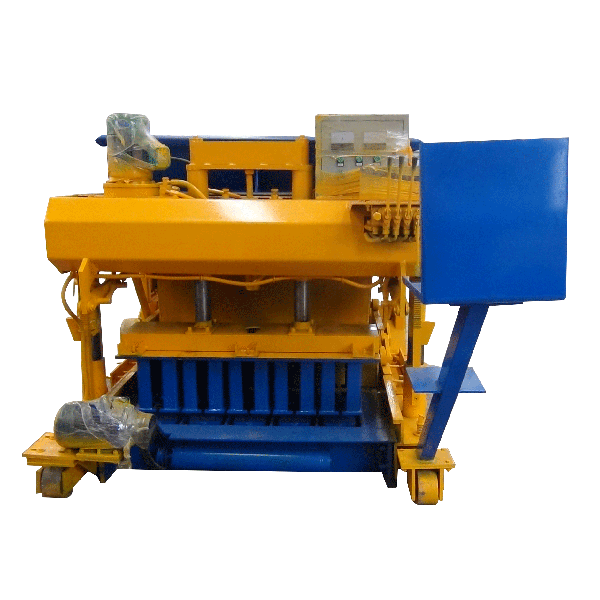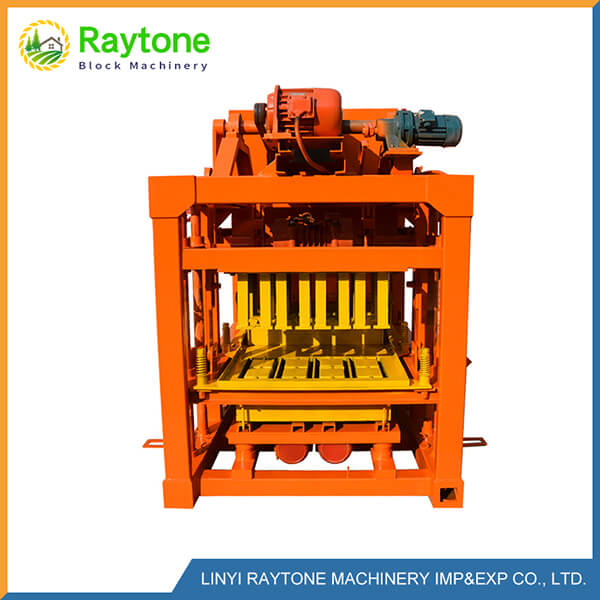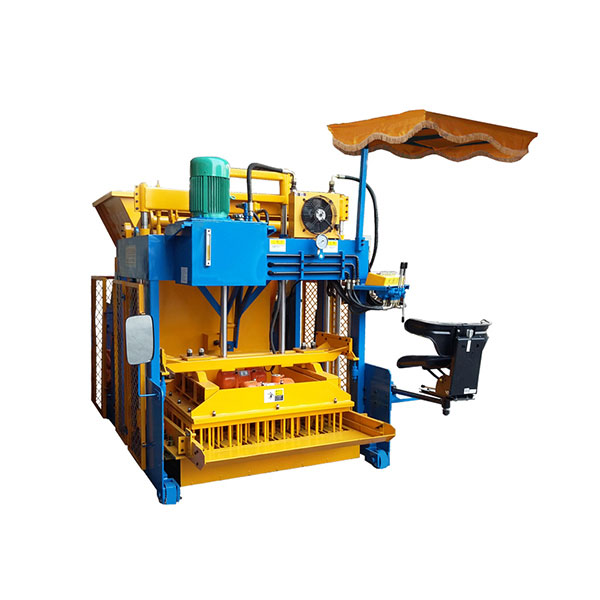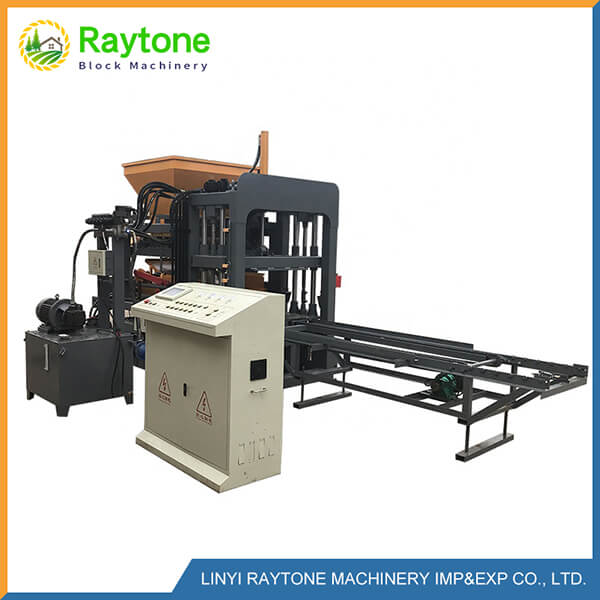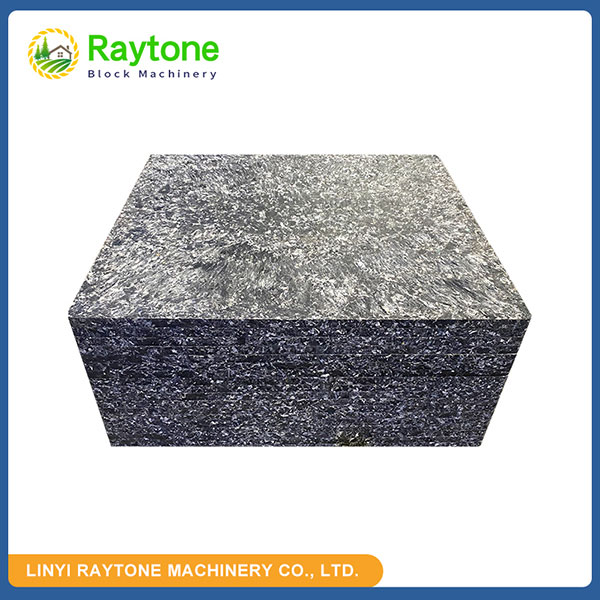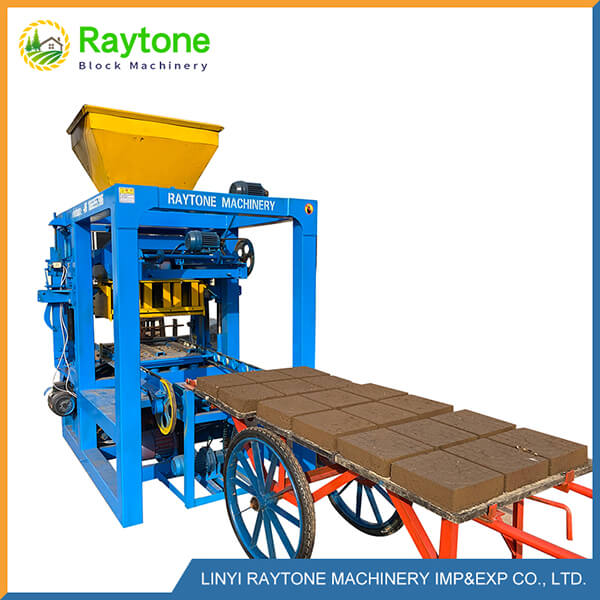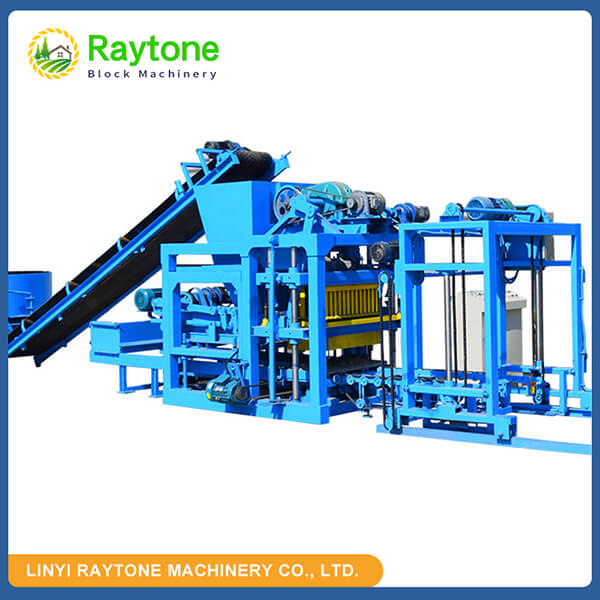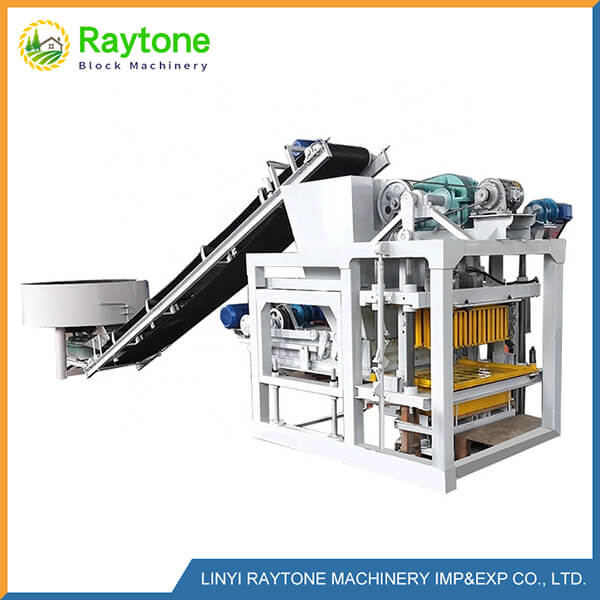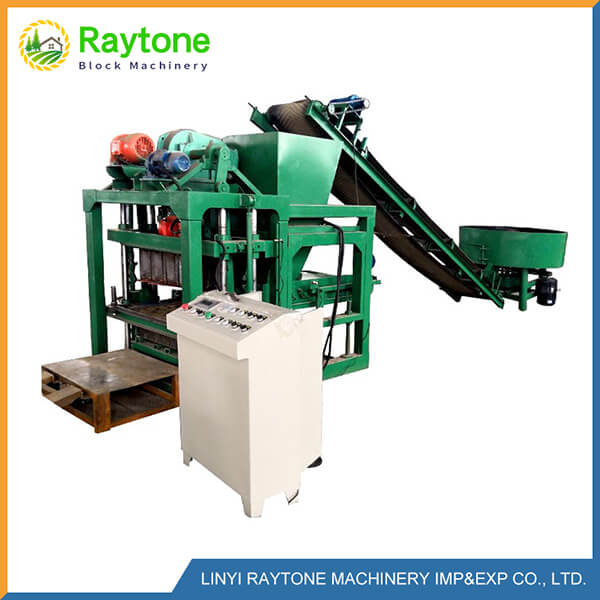Hollow block making machines are essential equipment in the construction industry, designed to produce concrete blocks with internal cavities. These machines come in various types, each suited for different production needs and scales. The main categories include manual, semi-automatic, and fully automatic hollow block making machines. Manual machines are ideal for small-scale production, while semi-automatic options like the QT4-28 semi-automatic brick making machine offer a balance between output and affordability. Fully automatic machines are perfect for large-scale industrial production, offering high efficiency and consistent quality. Understanding these different types helps construction professionals choose the right equipment for their specific requirements, ensuring optimal productivity and cost-effectiveness in block production.
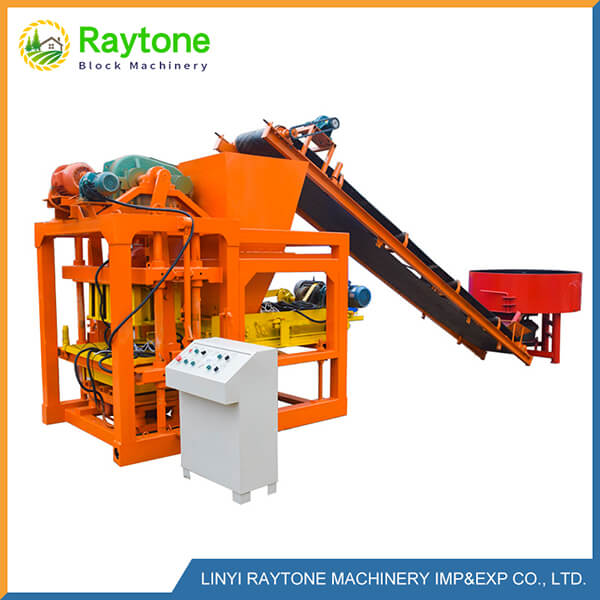
Manual Hollow Block Making Machines
Basic Operation and Features
Manual hollow block making machines are the simplest form of block production equipment. These machines rely heavily on human labor for most of the production process. Operators manually load the mold with concrete mix, compress it, and eject the formed blocks. While labor-intensive, these machines are cost-effective for small-scale operations or areas with limited access to electricity.
Advantages and Limitations
The primary advantage of manual machines is their low initial investment cost. They’re also easy to maintain and operate, making them suitable for small businesses or DIY enthusiasts. However, their production capacity is limited, typically producing 500-800 blocks per day. This makes them less suitable for large-scale construction projects or commercial block production.
Ideal Applications
Manual hollow block making machines are best suited for small construction projects, rural areas with limited resources, or as backup equipment for larger operations. They’re also excellent for training purposes, allowing new operators to understand the block-making process intimately before moving to more complex machinery.
Semi-Automatic Hollow Block Making Machines
Functionality and Features of QT4-28
The QT4-28 semi-automatic brick making machine represents a significant step up from manual machines. This type of equipment automates key parts of the production process while still requiring some manual intervention. The QT4-28 model, for instance, features automated mixing, molding, and vibration processes. Operators need to load raw materials and remove finished blocks, but the machine handles the critical forming stages. Additionally, its compact design and efficient energy use make it an ideal choice for small to medium-scale production, offering both convenience and cost savings. With improved consistency and speed, the QT4-28 enhances overall productivity, making it a valuable asset for businesses aiming for reliable and high-quality block production.
Production Capacity and Efficiency
Semi-automatic hollow block making machines like the QT4-28 offer a considerable increase in production capacity compared to manual options. Depending on the specific model and materials used, these machines can produce 2000-5000 blocks per day. This higher output makes them suitable for medium-sized construction projects or small to medium-sized block production businesses. With consistent efficiency, they help businesses meet demanding project timelines while maintaining product quality. Moreover, the reduced reliance on manual labor allows for greater flexibility, enabling businesses to scale their operations more easily and manage costs effectively.
Versatility in Block Types
One of the key advantages of semi-automatic machines, including the QT4-28, is their versatility. These machines can produce a variety of block types by simply changing the mold. This includes standard hollow blocks, solid blocks, paving stones, and even decorative blocks. This flexibility allows producers to cater to diverse market demands without investing in multiple specialized machines. Additionally, it helps businesses optimize their production line, reducing downtime between mold changes and increasing overall efficiency. By offering a wide range of block types, the QT4-28 ensures that manufacturers can adapt quickly to changing customer needs and market trends.
Fully Automatic Hollow Block Making Machines
Advanced Technology and Automation
Fully automatic hollow block making machines represent the pinnacle of block production technology. These sophisticated systems automate every step of the process, from material feeding to block curing. They incorporate advanced features like PLC (Programmable Logic Controller) systems, hydraulic pressure control, and automatic palletizing. This level of automation ensures consistent quality and high production rates with minimal human intervention.
High-Volume Production Capabilities
The production capacity of fully automatic hollow block making machines is significantly higher than their manual or semi-automatic counterparts. Depending on the model and configuration, these machines can produce 10,000 to 20,000 blocks per day or even more. This high output makes them ideal for large-scale construction projects, commercial block manufacturers, and industrial applications where consistent, high-volume production is crucial.
Integration with Production Lines
Fully automatic hollow block making machines are often part of integrated production lines. These lines can include automatic material batching systems, conveyor belts for block transport, and curing systems. Some advanced setups even incorporate robotic stacking and packaging systems. This integration maximizes efficiency, reduces labor costs, and ensures a smooth, continuous production flow from raw materials to finished, packaged blocks ready for shipment.
Conclusion
In conclusion, the choice of hollow block making machine depends on various factors including production volume, available resources, and project requirements. Manual machines offer a low-cost entry point for small-scale production. Semi-automatic options like the QT4-28 semi-automatic brick making machine provide a balance of automation and flexibility, ideal for medium-scale operations. Fully automatic machines cater to high-volume industrial production needs with their advanced features and integration capabilities. By understanding these different types, construction professionals and block manufacturers can make informed decisions to optimize their production processes and meet their specific project demands effectively.
Contact Us
At Raytone Machinery, we offer a comprehensive range of hollow block making machines to suit every need, from small-scale manual operations to large industrial setups. Our expertise in block machine manufacturing ensures that you get the most efficient, reliable, and cost-effective solution for your block production needs. For more information about our products, including the versatile QT4-28 semi-automatic brick making machine and our other advanced models, please contact us at hazel@raytonechina.com. Let us help you find the perfect hollow block making machine to elevate your construction or manufacturing business.
References
- Smith, J. (2022). “Advancements in Concrete Block Manufacturing Technology.” Journal of Construction Engineering, 45(3), 234-247.
- Johnson, A. & Brown, L. (2021). “Comparative Analysis of Manual vs. Automated Block Production Methods.” International Journal of Building Materials, 18(2), 112-125.
- Garcia, M. et al. (2023). “Energy Efficiency in Modern Hollow Block Production.” Sustainable Construction Review, 7(1), 56-70.
- Zhang, Y. (2022). “Quality Control Mechanisms in Automated Block Making Machines.” Asian Journal of Civil Engineering, 33(4), 301-315.
- Patel, R. & Desai, A. (2021). “Economic Impacts of Semi-Automatic Block Making Machines in Developing Countries.” Journal of Construction Economics, 29(3), 178-192.
- Williams, T. et al. (2023). “Environmental Considerations in Concrete Block Production: A Life Cycle Analysis.” Sustainability in Construction, 12(2), 89-104.


